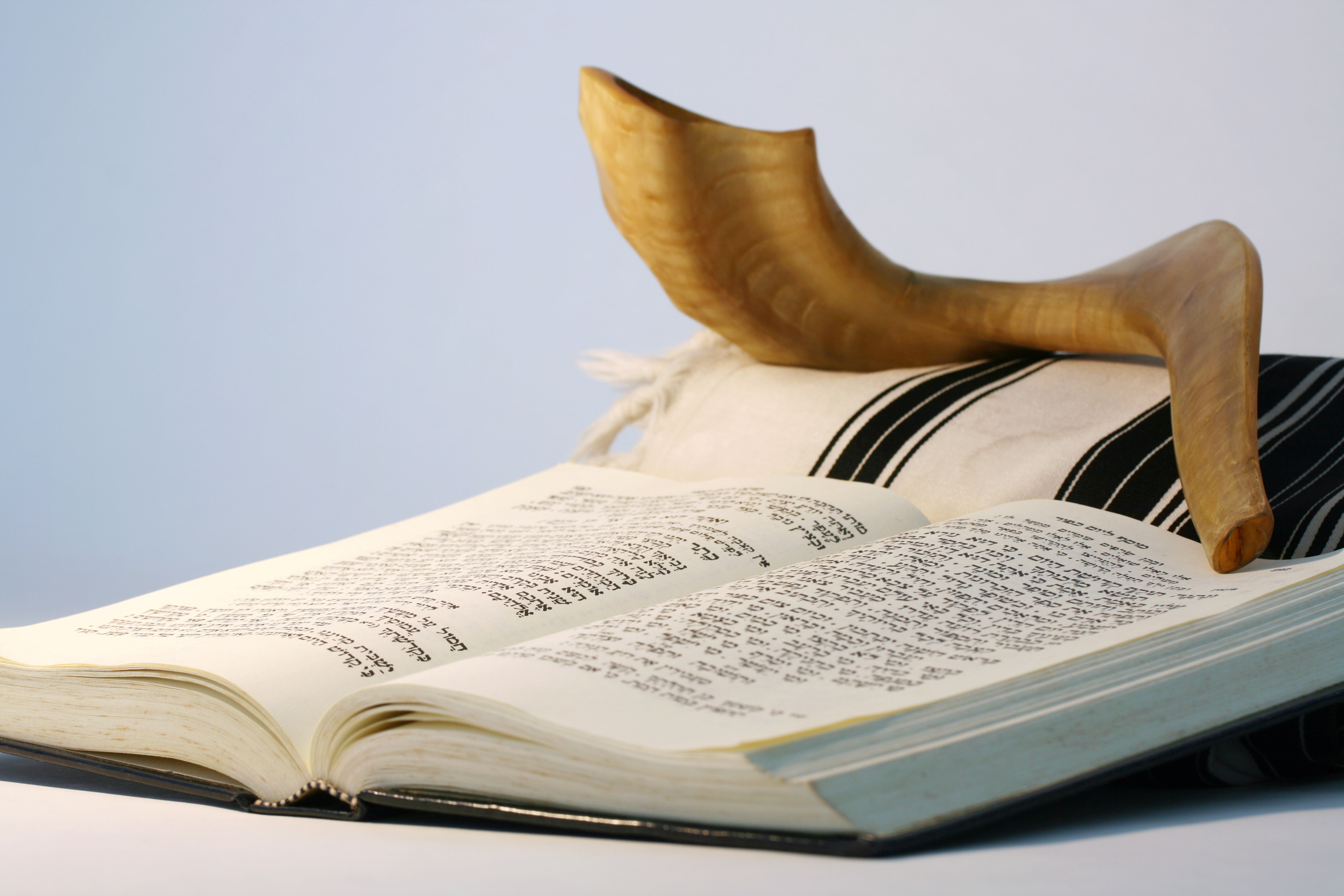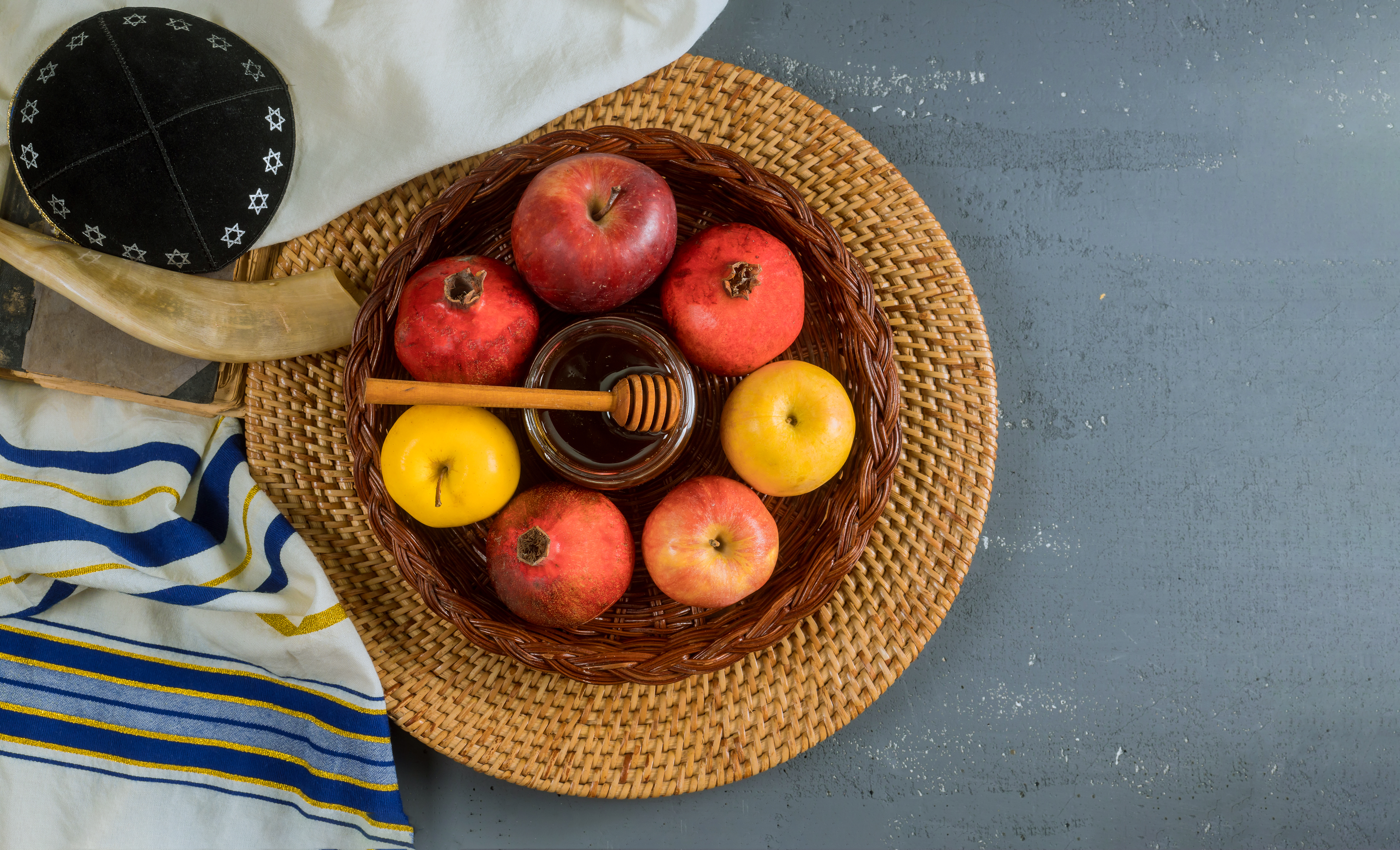Yom Kippur, also known as the Day of Atonement, will soon mark the end of the Jewish "High Holidays."
Considered the holiest day of the Jewish calendar, Yom Kippur is the culmination of a 10-day period of repentance and reflection, which began last week with the start of Rosh Hashanah.
This year's events come with a particularly somber tone amid heightened turmoil in the Middle East. It also comes as the war between Israel and Hamas, which began with a deadly terrorist attack on a music festival in Israel on Oct. 7, reaches one year.
Here's what to know:
What is Yom Kippur?
Yom Kippur comes on the last of the 10 days of repentance that began with Rosh Hashanah.
It is a holiday where Jewish people reflect on their sins and ask for forgiveness from God and those they have wronged. They also believe that God will decide if they will live or die in the year ahead.
When is Yom Kippur 2024?
Yom Kippur will begin next week on the evening of Friday, Oct. 11, and end the evening of Saturday, Oct. 12.
Feeling out of the loop? We'll catch you up on the Chicago news you need to know. Sign up for the weekly Chicago Catch-Up newsletter.
The holiday is held on the 10th day of the year on the Hebrew calendar, with Rosh Hashanah having been the Jewish New Year.
How is Yom Kippur celebrated?
Yom Kippur is typically celebrated with a day of reflection, prayer and fasting.
Followers of the Jewish faith attend religious services and do not eat from sundown to sundown. Young children and people who would be facing a medical risk from fasting are exempt.
When the Day of Atonement is over, a "shofar" horn is blown to mark the end of the fast and a festive meal is prepared to break the fast and rebuild people's strength.
What is a "shofar" horn?
A shofar horn is a musical instrument made with the horn of a ram.
In the Jewish faith, shofar horns have been used for centuries for various purposes, including proclaiming the Sabbath. In modern times, the shofar horn is also blown on Rosh Hashanah and every day during the month before the holiday.
What do people eat post-fast for Yom Kippur?
There is no specific meal that needs to be eaten after a Yom Kippur fast, but people usually eat something easy to digest as to not shock their systems after fasting.
A popular choice for a post-fast meal is a brunch-style menu, including bagels, eggs and salads.
How do people prepare for their fast on Yom Kippur?
The fast on Yom Kippur goes for about 25 hours, and during that time followers of the Jewish faith are not allowed to eat or drink anything, including water.
Most Jewish people have a meal with lots of meat for lunch on the day before Yom Kippur, followed by a "Seudat Mafseket," or Meal of Cessation, for dinner, which is rich in carbohydrates and low in sodium.
The biggest challenge during the fast is dehydration. It is recommended to drink lots of water before the fast and prepare for the day-long fast up to a week in advance.
What do you say on Yom Kippur?
For the start of Yom Kippur it is common to wish someone an easy fast or a meaningful fast.
People celebrating Yom Kippur may also say to each other the Hebrew saying “Gemar chatimah tovah," which translates to “A good final sealing.” It comes from the idea that on Yom Kippur, their fates for the year ahead will be finally sealed.
Yom tov may also be used, meaning "good day" or "festival day," or "May you be inscribed in the Book of Life."
However, it is not common to wish someone a "Happy Yom Kippur" as the day is one of the most somber holidays.



